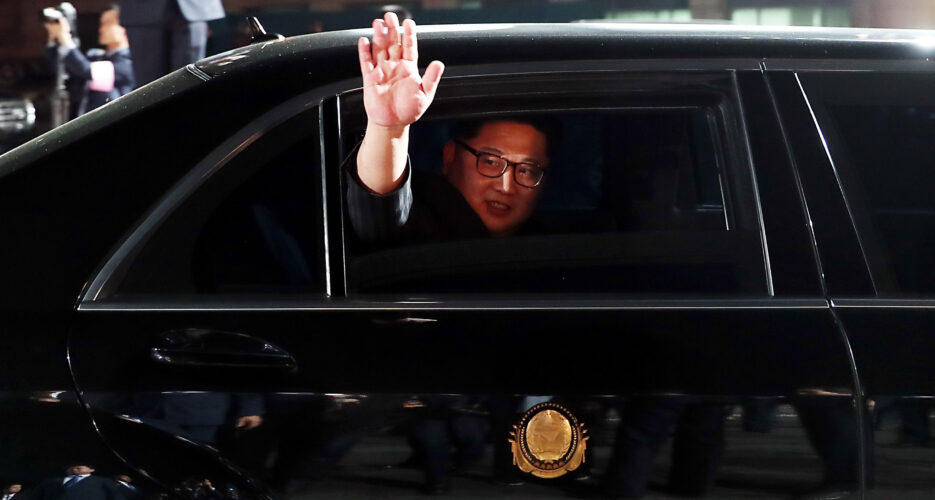About the Author
Cha Du-hyeogn
Cha Du-hyeogn is the former secretary to President Lee Myung-bak for crisis information. He now works as a visiting research fellow at the Asan Institute for Policy Studies

Get behind the headlines
|
Opinion What a Moon-Kim meeting did – and didn’t – achieveThe inter-Korean summit cleared the fog, but a long road to denuclearization lies ahead  The world was watching with anticipation, and some concern, as the leaders of the two Koreas met at Panmunjom for history's third inter-Korean summit on April 27. It is fair to say that the overall atmosphere was one of celebration as President Moon Jae-in and Chairman of the State Affairs Commission Kim Jong Un jointly signed the Panmunjom Declaration: peace and the denuclearization of the peninsula are the undeniable wishes of people in both Koreas and of the international community, and the summit has raised hopes that this goal will be achieved soon. © Korea Risk Group. All rights reserved. |